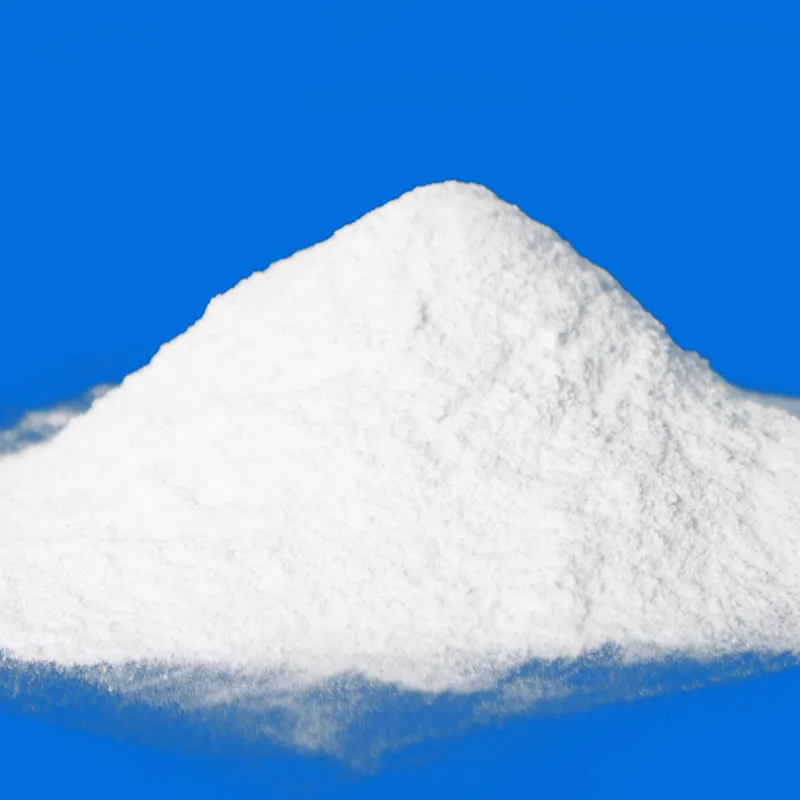
sodium benzoate halal
Understanding Sodium Benzoate and Its Halal Status
Sodium benzoate is a widely used preservative in the food and beverage industry, recognized for its effectiveness in preventing spoilage caused by bacteria, yeast, and fungi. With the rise of dietary awareness and religious dietary laws, understanding the halal status of sodium benzoate is crucial for consumers who follow Islamic dietary guidelines.
Sodium benzoate is the sodium salt of benzoic acid, a compound that naturally occurs in many fruits, such as cranberries, prunes, and apples. Its primary function as a preservative is to inhibit the growth of harmful microbes, thereby extending the shelf life of various products, including soft drinks, juices, pickles, and baked goods. According to the FDA, sodium benzoate is considered safe for consumption at low levels. However, its safety remains a topic of debate, particularly regarding its potential to form benzene, a known carcinogen, when combined with ascorbic acid (vitamin C) under certain conditions, such as high heat or light exposure.
Understanding Sodium Benzoate and Its Halal Status
Sodium benzoate itself is a synthetic compound, and its production does not typically involve animal products. As a result, it is often considered halal. However, the halal status can depend on several factors, including the source of the ingredient and the methods used during manufacturing. For example, if sodium benzoate is produced using equipment that has previously been in contact with non-halal substances, it may be deemed non-halal due to cross-contamination.
sodium benzoate halal

To ensure that sodium benzoate is halal, consumers should look for certifications from reputable halal certification organizations. These organizations conduct thorough inspections of manufacturing processes and product formulations to guarantee compliance with halal standards. Products labeled with a halal certification mark provide a higher level of assurance for consumers seeking to maintain adherence to their dietary laws.
The growing awareness of dietary restrictions and preferences, combined with an increasing global Muslim population, has led to a heightened demand for halal-certified products. Manufacturers are responding by ensuring transparency in their ingredient sourcing and production methods. This shift not only caters to Muslim consumers but also appeals to a broader audience that is becoming more conscious of the ingredients in their food.
It is important to note that while sodium benzoate is generally recognized as halal, regulations and perceptions regarding food additives can vary by country and community. Some scholars may have differing opinions on specific additives based on their interpretations of Islamic texts. Therefore, it is advisable for consumers to be proactive and conduct their own research or consult knowledgeable authorities in their community.
In summary, sodium benzoate is a common food preservative that is largely considered halal, provided it is manufactured and processed in compliance with Islamic law. Consumers should remain vigilant and informed about the products they consume, seeking out halal certification whenever possible. By doing so, they can ensure that their food choices align with their dietary beliefs while also enjoying the benefits of safe and preserved food products. As the market continues to evolve, the ongoing dialogue about halal status will be critical in shaping the future of food safety and dietary practices worldwide.
-
Understanding Synthetic Rubber OptionsNewsApr.27,2025
-
Trichloroisocyanuric Acid: Essential for Clean and Safe WaterNewsApr.27,2025
-
Sodium Dichloroisocyanurate: Key to Safe Water TreatmentNewsApr.27,2025
-
Sodium Acid Pyrophosphate: Essential in Modern Food ProcessingNewsApr.27,2025
-
Essential Water Treatment ChemicalsNewsApr.27,2025
-
Denatured Alcohol and Its Industrial UsesNewsApr.27,2025
-
The Versatile Uses of Sodium BicarbonateNewsApr.24,2025
Hebei Tenger Chemical Technology Co., Ltd. focuses on the chemical industry and is committed to the export service of chemical raw materials.
-

view more DiethanolisopropanolamineIn the ever-growing field of chemical solutions, diethanolisopropanolamine (DEIPA) stands out as a versatile and important compound. Due to its unique chemical structure and properties, DEIPA is of interest to various industries including construction, personal care, and agriculture. -

view more TriisopropanolamineTriisopropanolamine (TIPA) alkanol amine substance, is a kind of alcohol amine compound with amino and alcohol hydroxyl, and because of its molecules contains both amino and hydroxyl. -

view more Tetramethyl Thiuram DisulfideTetramethyl thiuram disulfide, also known as TMTD, is a white to light-yellow powder with a distinct sulfur-like odor. It is soluble in organic solvents such as benzene, acetone, and ethyl acetate, making it highly versatile for use in different formulations. TMTD is known for its excellent vulcanization acceleration properties, which makes it a key ingredient in the production of rubber products. Additionally, it acts as an effective fungicide and bactericide, making it valuable in agricultural applications. Its high purity and stability ensure consistent performance, making it a preferred choice for manufacturers across various industries.











